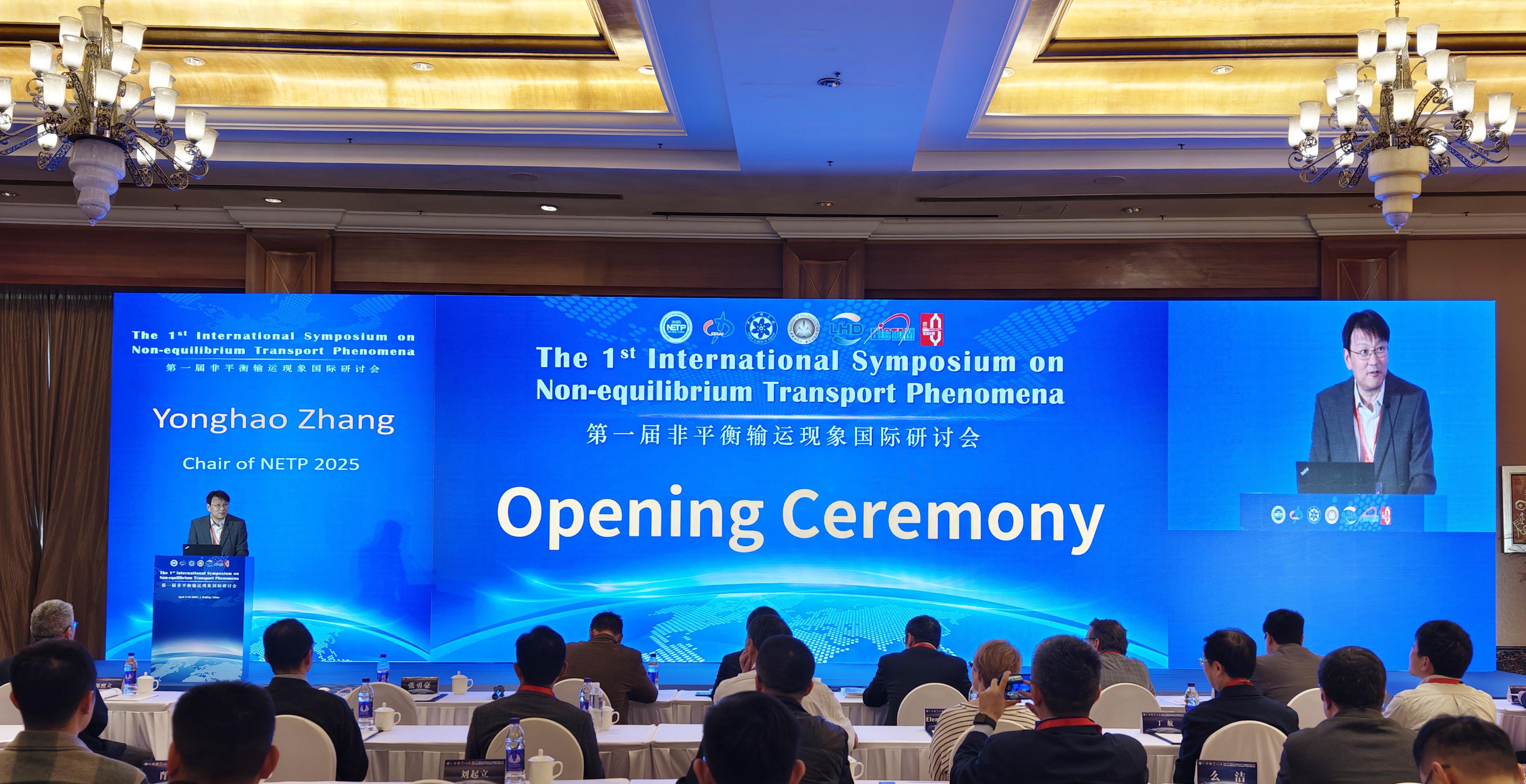Education: A Bridge Connecting People

"Education plays a pivotal role in bridging the two countries (U.S. and China) because scholarship and knowledge are borderless," said John Quelch, executive vice chancellor and distinguished professor of social science at China's Duke Kunshan University (DKU).
As a veteran academic administrator, Quelch has served as dean of three leading business schools: London Business School, the China Europe International Business School (CEIBS), and most recently, the University of Miami Herbert Business School.
Promoting education's bridging role
"Education plays a very important role in providing continuity of dialogue," said Quelch. DKU is one of a few Sino-U.S. joint venture universities, providing an important bridge between the two countries.
DKU was established in September 2013 as a U.S.-China partnership between Duke University and Wuhan University. Both are world-class universities that offer a range of high-quality and innovative academic programs for students.
Quelch said that DKU strives to fulfill its promises to enable students from around the world to lead purposeful and productive lives and promote mutual understanding.
In November 2023, China evinced its willingness to invite 50,000 U.S. teenagers to pursue their studies in China over the ensuing five years. Quelch perceives this as a pivotal initiative. DKU is helping with this plan to bring more American students to China.
As a highly diverse university with students coming from 70 countries and a hub for convening English language sharing sessions among the communities of international academics, DKU has always committed itself to promoting mutual understanding and mutual trust among people. According to Quelch, there's an annual DKU international forum, where top academics from Duke University, Wuhan University and others are brought together to talk about issues like green finance and sustainable development. "These interactions lead to new collaborations," said Quelch.
Putting people first
DKU is highly selective with regard to its student body, as the institution's primary objective is to recruit individuals who will contribute to its reputation as a leading global university.
Quelch emphasized the importance of human capital, stating that the university's top three priorities are "people, people and people." He further elaborated that the individuals chosen to join the DKU community are of paramount importance, as they will become the institution's future alumni and leaders, and will shape its long-term reputation.
Quelch highlighted that the applicant-to-admitted student ratio for this year's intake was approximately twenty to one, a figure comparable to the admission ratios observed at some Ivy League universities. "It's really a big commitment, and it reflects how much value we place on people," Quelch said.
Chinese brands are powerful ambassadors
As a professor at Harvard Business School for over 30 years and the first person to hold joint professorial appointments at both Harvard Business School and the Harvard T.H. Chan School of Public Health, Quelch also shared his insightful perspective on how China can promote its global image.
It was in 1981 when Quelch visited China for the first time. He is very impressed by the remarkable achievements made by China with such a large population in the past few decades.
"If you have the advantage of visiting China in 1981, you can see 43 years of history and evolution. It's the greatest economic transformation with more people lifted out of poverty than in any other fifty-year period in human history," Quelch said, adding that China has been particularly active in the development of solar panels, lithium batteries and new energy vehicles, making significant contributions to promoting global prosperity.
According to Quelch, China has the technology to bring high-quality products, at a reasonable price, to worldwide consumers. "These brands are very strong advertisements for the country," Quelch observed, citing his admiration for several Chinese appliance companies that have made significant investments in smart home technology, including robotic vacuum cleaners capable of navigating apartments and performing comprehensive cleaning tasks.
"If a Chinese brand can provide a low-cost, high-quality solution to a pain point, there is an opportunity for that company not only to succeed financially but also to promote the good image of China."
China is currently investing a significant amount of resources into research and development, with the next stage of its development heavily reliant on scientific and technological innovation. "If you look at the history of China over five thousand years, an amazing number of inventions have come from China," Quelch said, hoping China would once again provide more innovation on a global scale.
JIN Li and CHEN Chen from DKU also contributed to this story.







